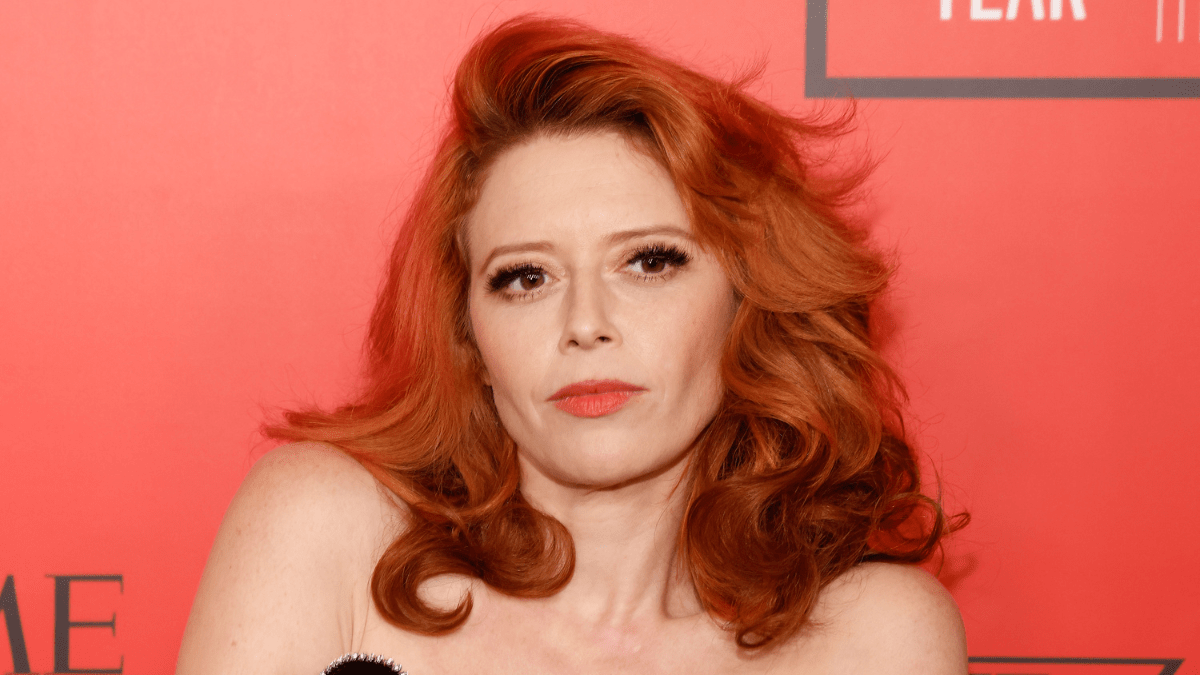Back in 1999, an LGBTQ+ gem known as But I’m a Cheerleader released in theaters, effectively redefining gay cinema and silencing the homophobia that was sadly still running rampant at that time. It was a bold statement of that era to have two openly lesbian women (the characters, mind you, not the actors) kissing on-screen in front of a large audience. It had never truly been done before, not on a scale as massive as this. And so unashamedly, too, as it should. Lead actress Natasha Lyonne felt the need to readdress that cultural issue in an interview with co-star Melanie Lynskey for Variety.
At the time, we’re quite certain that Clea DuVall and Natasha Lyonne have positively no idea that their fictional chemistry would be such a powerful statement for lesbians all around the world, but even 24 years later, we’re still talking about it — so what does that tell us?
But I’m a Cheerleader follows Megan, your average all-American girl who excels at studies and cheerleading, dates a hot football-playing stud, and gets sent to gay conversion camp after her parents suspect she’s a lesbian. And the reason? She didn’t seem that “into” her boyfriend, and as it turns out, her parents were right on the money. Megan never liked kissing Jared, but she loved watching her fellow cheerleaders practice. At the gay conversion camp, Megan meets Graham, a fellow student who’s much more open about her sexuality and takes a liking to Megan.
Lynskey, mentioning that the movie felt “ahead of its time,” asked Lyonne if she felt any hesitation to tell Megan’s story. Lyonne, who went on to star as another openly lesbian character, Nicky Nichols in Orange is the New Black, assured that she was not hesitant “at all.”
“In fact, I’m consistently shocked by the things that we consider shocking. I find it very patronizing when we say something like ‘Oh, did you see this straight male actor is playing gay? Bravo.’ I find it really patronizing and very weird, and maybe in some ways times are changing, but it didn’t occur to me. My genuine answer was more like ‘Holy cow, Clea’s my best friend, she’s doing this movie, Jamie Babbit’s so cool, and this subject matter is so heavy and intense and insane and surreal.'”
Although But I’m a Cheerleader was a box-office failure, it became a cult classic in the years following. Lynskey portrayed a fellow conversion camp attendee, Hilary Vandermueller. Lynskey would then star as Kathleen, the leader of a revolutionary movement in Kansas City, Missouri, during the Cordyceps outbreak. Both DuVall and Lyonne were praised for their performances, even though the initial critical reception was sour.
It’s nice to see that even decades later, Lyonne doesn’t regret playing an openly lesbian character. In fact, she didn’t mind it so much that she did it all over again on a much bigger scale with much, much more explicit scenes. Take that, Hollywood.

